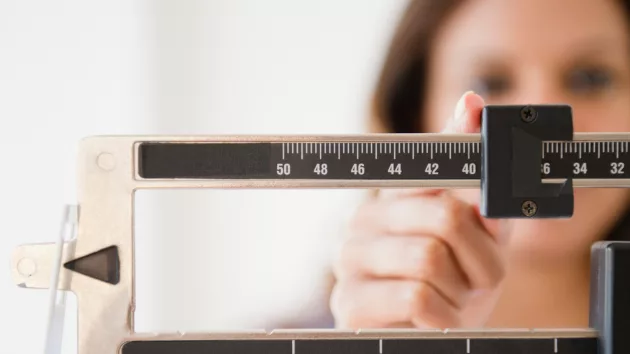
(NEW YORK) — The “fall back” from daylight saving is linked to an uptick in car accidents and poor mood, but doctors say careful attention to sleep hygiene and a gradual adjustment of your bedtime may help.
As clocks across America “fall back” an hour at 2 a.m. on Nov. 6, internal clocks may lag behind.
“Changes, even small ones, in your sleep can impact almost every area of your body from your skin to your cardiovascular system,” said Dr. Marri Horvat of the Cleveland Sleep Disorders Clinic.
Daylight saving time is less aligned with our natural circadian rhythm. The sun rises later and light lasts longer in the evening, but our bodies are more attuned to light in the mornings and darkness in the evenings. Each switch changes sleep patterns abruptly.
The good news, doctors say, is that the upcoming change from daylight saving to standard time is less harmful for your health than the spring switch, largely because you gain an hour of sleep. The bad news is that either switch can have negative impacts on your health.
Researchers estimate that the switch to and from daylight saving time contributes to thousands of car accidents and 300 deaths each year. Meanwhile, researchers who have studied the fall switch specifically say it’s linked with an 11% increase in depressive episodes. Interestingly, doctors report that while the spring switch was linked with a 24% increase in heart attacks the day after, the fall switch has been linked with a 21% decrease in heart attacks. The benefit may lie in the extra hour of sleep gained with the fall switch.
What can you do to get better sleep?
Sleep specialists say it’s a good idea to establish a nighttime routine leading up to and following the switch. Horvat recommends “making the shift slowly over several days” by “going to bed and waking up 10 to 15 minutes later each day.” Ideally, this routine would include a “winding down” period of at least an hour before bedtime when you stop screen time, turn down the thermostat (between 60-75 degrees), and do a relaxing activity. The greatest relaxation technique before bedtime is listening to soothing music.
Another tip is to exercise outdoors. Moderate intensity aerobic exercise during the day, as long as it’s at least two to four hours before bedtime, increases sleep quality and duration. Also, exercising outdoors is recommended since natural sunlight during the day can help with the switch.
According to doctors, avoiding caffeine and alcohol in the evenings can also help and it’s best to avoid snacks close to bedtime.
Although napping can’t replace a good night’s sleep, it can help supplement it. Even a five-minute nap shows improved attention and short-term memory.
“Healthy sleep begins with attitude and awareness,” said Dr. Emerson Wickwire, director of the American Academy of Sleep Medicine. “Set aside 7.5 or 8 hours for sleep and enjoy it!”
Alicia Zellmer, MD, and Joy Liu, MD, are resident physicians in Internal Medicine, and members of the ABC News Medical Unit.
Copyright © 2022, ABC Audio. All rights reserved.





